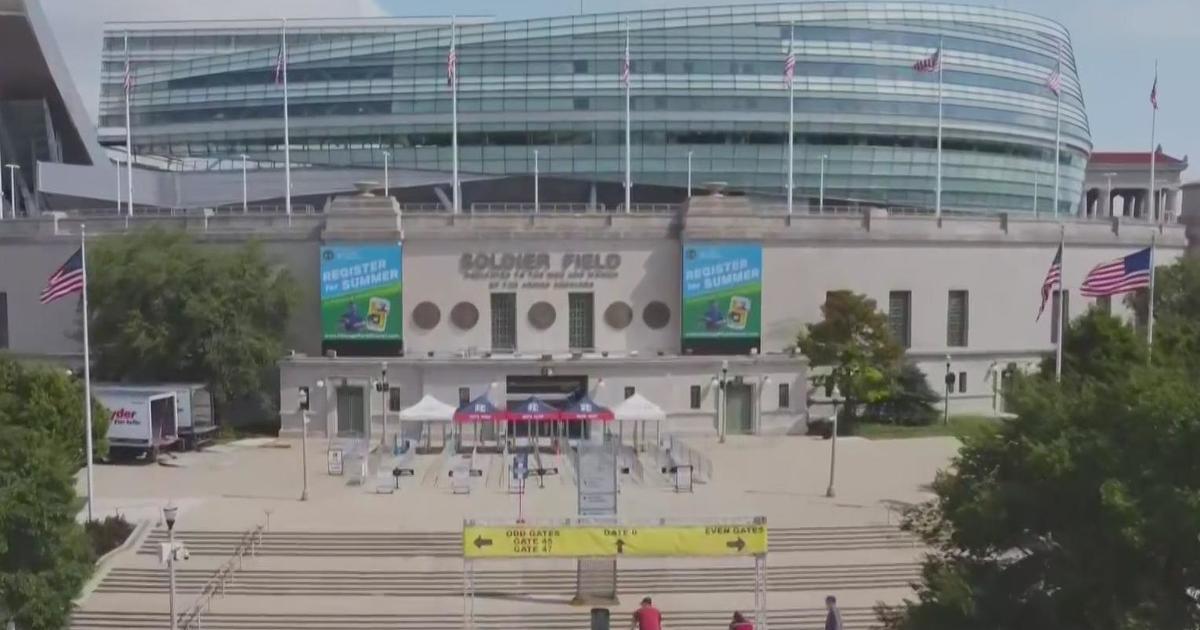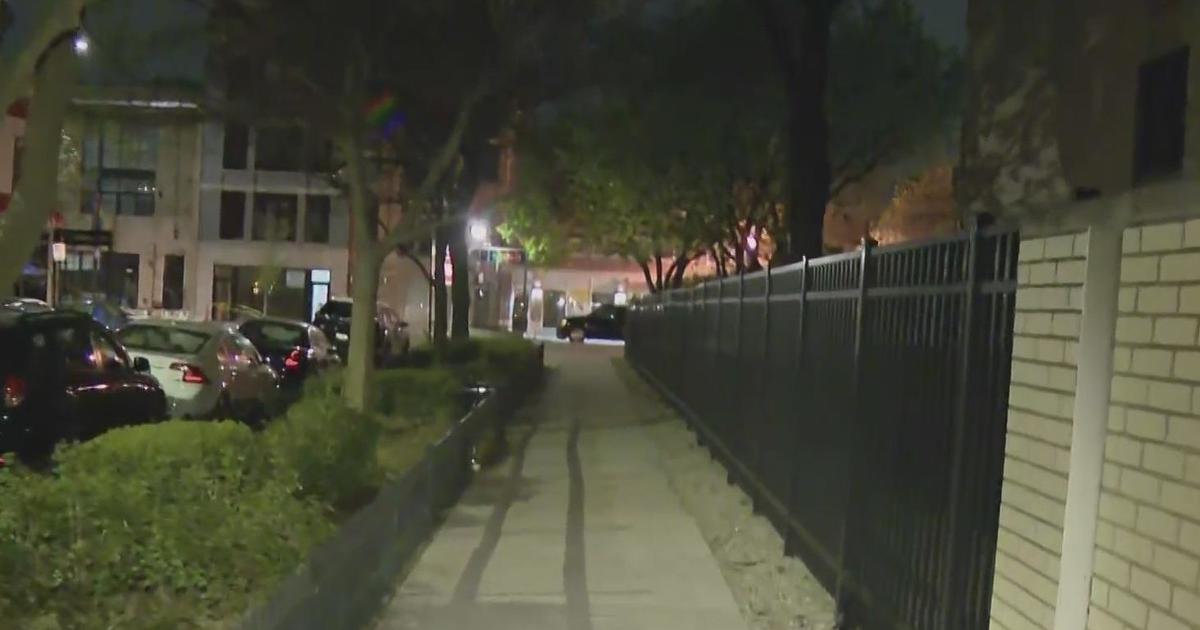Experts Warn Of Potential For Severe Storms This Summer
CHICAGO (WBBM) -- Emergency preparedness officials warn that the severe storms that have blanketed much of the nation this spring could just as easily hit here.
They stress taking steps in advance to be ready.
Chicago's not Kansas, but National Weather Service Warning Coordinator Jim Allsopp said the Chicago area is in the fifth busiest severe weather region in the country.
LISTEN: Newsradio 780's Bob Roberts reports
Podcast
While the Weather Service has plenty of competition from private forecasters, including AccuWeather, only the Weather Service issues weather watches and warnings.
Some of the advice Allsopp and other panelists gave seems like common sense, but are not always remembered when the moment arrives -- usually, Allsopp said, with little warning.
He said that lightning often occurs on the edges of storms, and said many people are struck just before a storm hits or as a storm skirts the area. He said lightning usually seeks out whatever is tallest in the area. While he said it is not a good idea to stand under a tree, for that reason, it is not a good idea to stand in an open field -- because then you are the tallest object around. Better, he said, to take shelter in a car.
A car is not a good place to be if a tornado hits, though.
Allsopp said big hail is a warning that a tornado could be near. He said records indicate that living near the lake or in heavily-built-up city neighborhoods is not a guarantee against tornadoes.
He said if warnings are issued, you should go to the safest part of the structure you are in. In homes, that may be the basement, a concrete reinforced room or an interior hallway. In larger buildings, it is most likely an interior hallway.
He said tornadoes move too fast to be outrun, either on foot or in a car. He said the average tornado moves at a clip between 40 and 60 miles an hour.
Mobile homes, school gyms and big-box stores are other bad places to be when a tornado hits. In fact, Allsopp said 40 percent of tornado deaths involve those caught in mobile homes, which he said can be tossed around by tornadoes like toys.
The Chicago area's worst tornado -- and the only F5 tornado on record in the region -- occurred Aug. 28, 1990, and flattened much of southwest suburban Plainfield. It packed winds estimated at around 200 miles an hour.
If severe rains cause flooding, Allsopp urges care to avoid being swept away. he said swift-moving water that is ankle deep can carry a person away, while fast-moving waters a foot high can force a car or even a heavy sport-utility vehicle from the road.
He said viaducts can be especially tricky, because there is usually no way for motorists to gauge how deep the water is at the low point.
Allsopp and Federal Emergency Management Agency Region V Director Jim Duncan said it pays to have emergency provisions, water, batteries and a battery-powered radio for use if an emergency hits.
Duncan said that the city of Chicago offers training in first aid and in light search and rescue. He urged family members to text message other family members if they become separated during a storm to let them know that you are all right. He urged parents to know the evacuation plan for their children's schools, and for employees to know evacuation and emergency plans for their offices.



